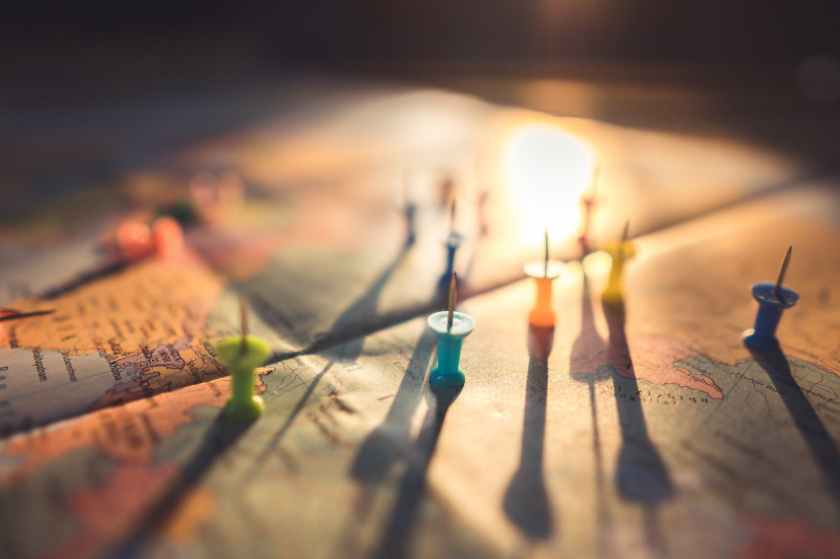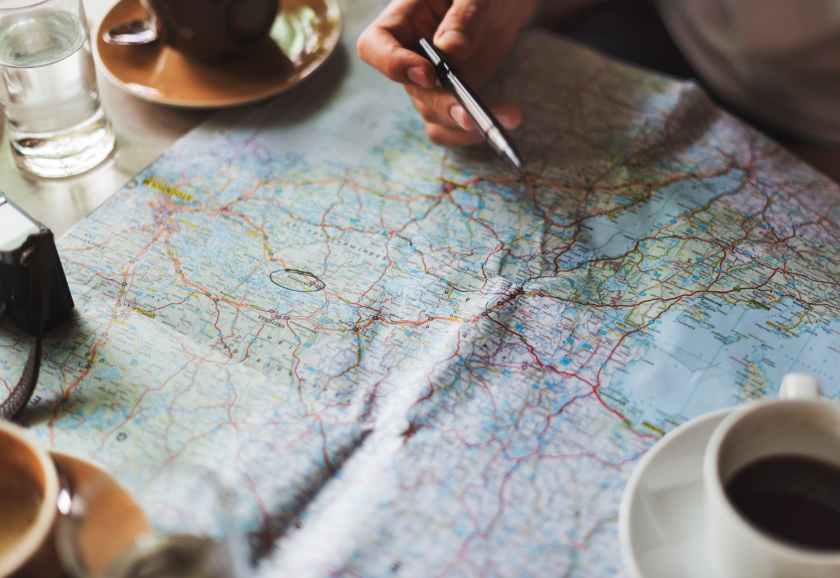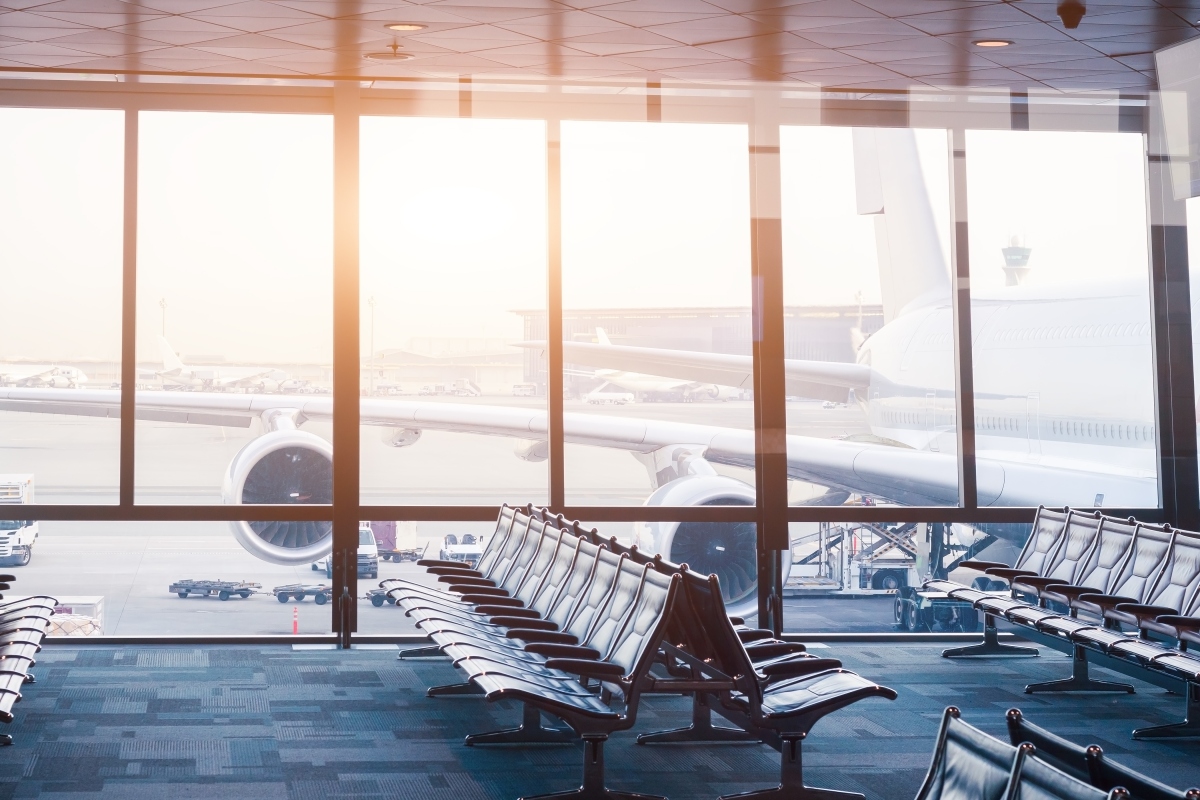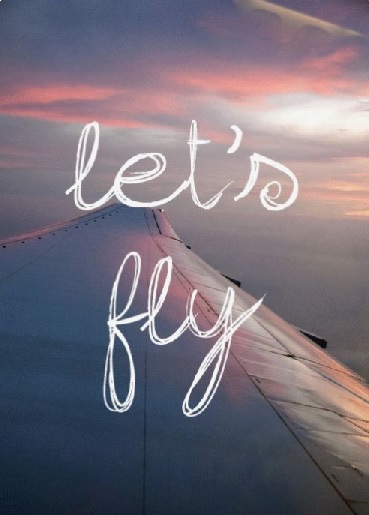It’s more than an internal conflict when coming down to the choice between taking a window seat versus an aisle, especially on a flight greater than four or five hours. The choice is a means to maintaining your control or relinquishing it for a view; possibly one that you’ve seen a hundred times before. Although, as a former aviator I can tell you, the sights from above rarely get old.
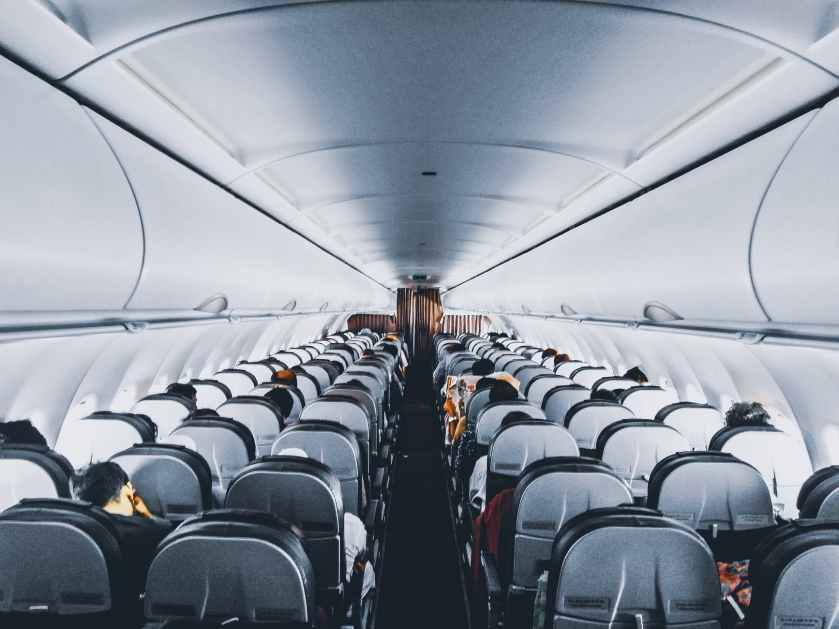
So you’re booking your ticket and the site or the rep asks you to choose your seat, and so begins the conundrum. You can take the window seat and know that you’re likely going to have a wall to rest your pillow against and catch some Zzz’s (hopefully you brought a pillow). However, if you are anything like me, you will have to become slightly dehydrated so that you do not end up being the person who is dancing in their seat every time your eyeballs are floating. And to be honest, the way pressure affects the body, it’s anyone’s guess how often you would need to go; not all bodies respond the same. Too much hydration means more trips to the bathroom, which means more of a nuisance. But hey, the view is a good one as long as there isn’t a wing in the way.
But what about the aisle seat? Aisle seats also has their benefits. If you’re the aisle person, you are the one with less anxiety about having to come and go as you please. While you may have sacrificed a view, you don’t have to be the one feeling trapped in that situation. Although, depending on the individual in the window seat–who may or may not be a conscious thinker–you might end up being woken in the middle of your finally able to find a comfortable position nap, just to accommodate. That part sucks, that’s for sure.
“It’s a means to maintaining your control or relinquishing it for a view”
A 2017 article in the Telegraph explains that more travelers are in favor of the window seat, just slightly over fifty percent of those polled. But also that the window seat taker is also a person who likely sleep better on flights, is more seasoned and therefore has a slightly higher sense of confidence (since they don’t mind bothering their neighbor), and that they are even a bit selfish. On the contrary, those aisle seat takers sleep less and have more anxiety about feeling confined. Who really knows though where the truth behind the airplane seat choice psychology lies, for all we know it’s just speculation and really has no bearing one way or another. But one thing is true, and that is that people go one way or another when traveling alone. It’s just a decision that we all take seriously, and depending on what we choose, we could be setting ourselves up for a seriously long flight if the choice isn’t a preferred one.



